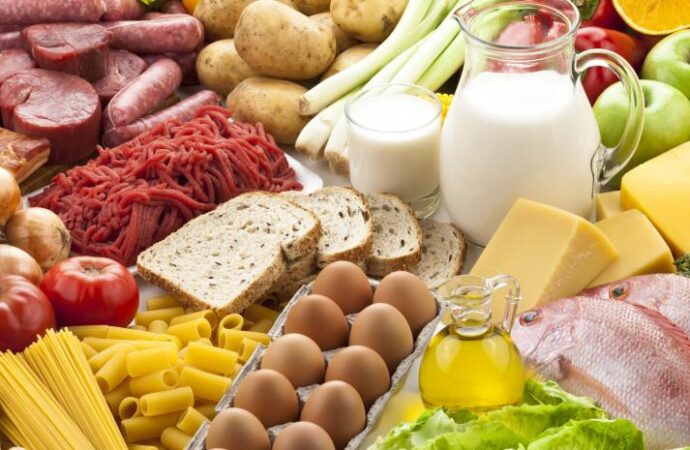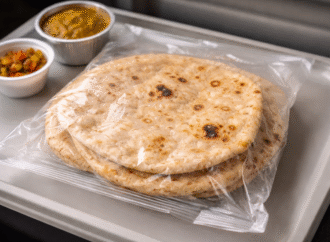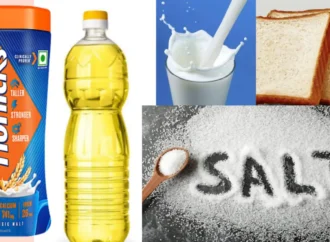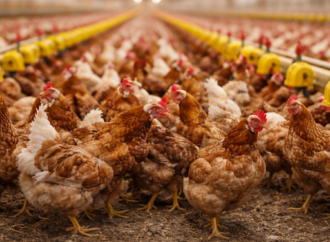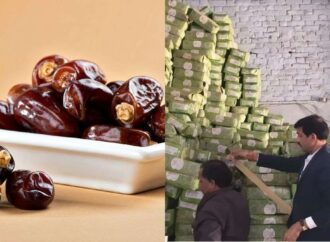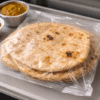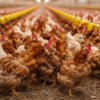At a Glance
Food safety concerns in India aren’t limited to adulteration or expired products—contamination with harmful bacteria, pesticides, and chemical residues is also a growing issue. With the Food Safety and Standards Authority of India (FSSAI) issuing alerts and recalls more often, it’s important to know which foods require extra care. Here are a few high-risk food in India based on recent safety data and expert advice.
Raw Eggs and Unpasteurized Dairy
Unpasteurized milk, homemade paneer, and raw eggs can harbour bacteria like Salmonella or Listeria. These can cause serious illness, especially in pregnant women, children, and older adults. Always boil milk before use and cook eggs thoroughly.
Raw or Undercooked Meat (Poultry, Mutton, Pork)
Improperly stored or undercooked meat can spread bacteria such as E. coli and Salmonella. In India’s hot climate, meat spoils quickly without proper refrigeration. Buy from trusted butchers and cook thoroughly.
Processed Meats (Kebabs, Cold Cuts, Sausages)
Ready-to-eat meats, whether from restaurants or packaged brands, can be contaminated during processing. Poor hygiene in preparation and storage increases the risk of food poisoning.
Leafy Greens (Spinach, Coriander, Lettuce)
Leafy vegetables often carry dirt, pesticides, and microbes from irrigation water. Since they are used in raw chutneys or salads, wash them thoroughly in clean water, preferably with a pinch of salt or vinegar.
Cucumbers and Other Salad Vegetables
Cucumbers, tomatoes, and carrots served raw in salads at roadside eateries or restaurants can be contaminated if washed with unsafe water. Peel cucumbers and wash vegetables well before eating.
Wheat Flour and Other Raw Flours
Even flour can carry bacteria. In India, atta, maida, and besan are often stored in humid conditions, which can lead to microbial growth. Avoid eating raw batter or dough.
Fish and Seafood
In coastal areas, seafood spoils quickly if not iced immediately after catch. Contamination risks rise in the summer months. Buy from vendors who maintain proper cold storage and clean handling.
Onions
Though cooked onions are safe, raw onions in chaats, salads, and garnishes can carry bacteria if not washed properly. Always peel and rinse before use.
Fresh and Cut Fruits
Pre-cut fruits sold by street vendors or in open markets can be contaminated by flies, dust, or dirty knives. Wash whole fruits before cutting, and eat cut fruits immediately.
Food Safety Tips for Indian Kitchens:
- Buy perishables from trusted sources.
- Wash all produce in clean water.
- Keep raw and cooked foods separate.
- Store meat and dairy in the refrigerator promptly.
- Follow FSSAI recall alerts through their website or social media.
Food safety starts at home, and knowing which high-risk food food items carry higher risks can help you and your family stay healthy.
Source: Real Simple
 Food Manifest
Food Manifest 